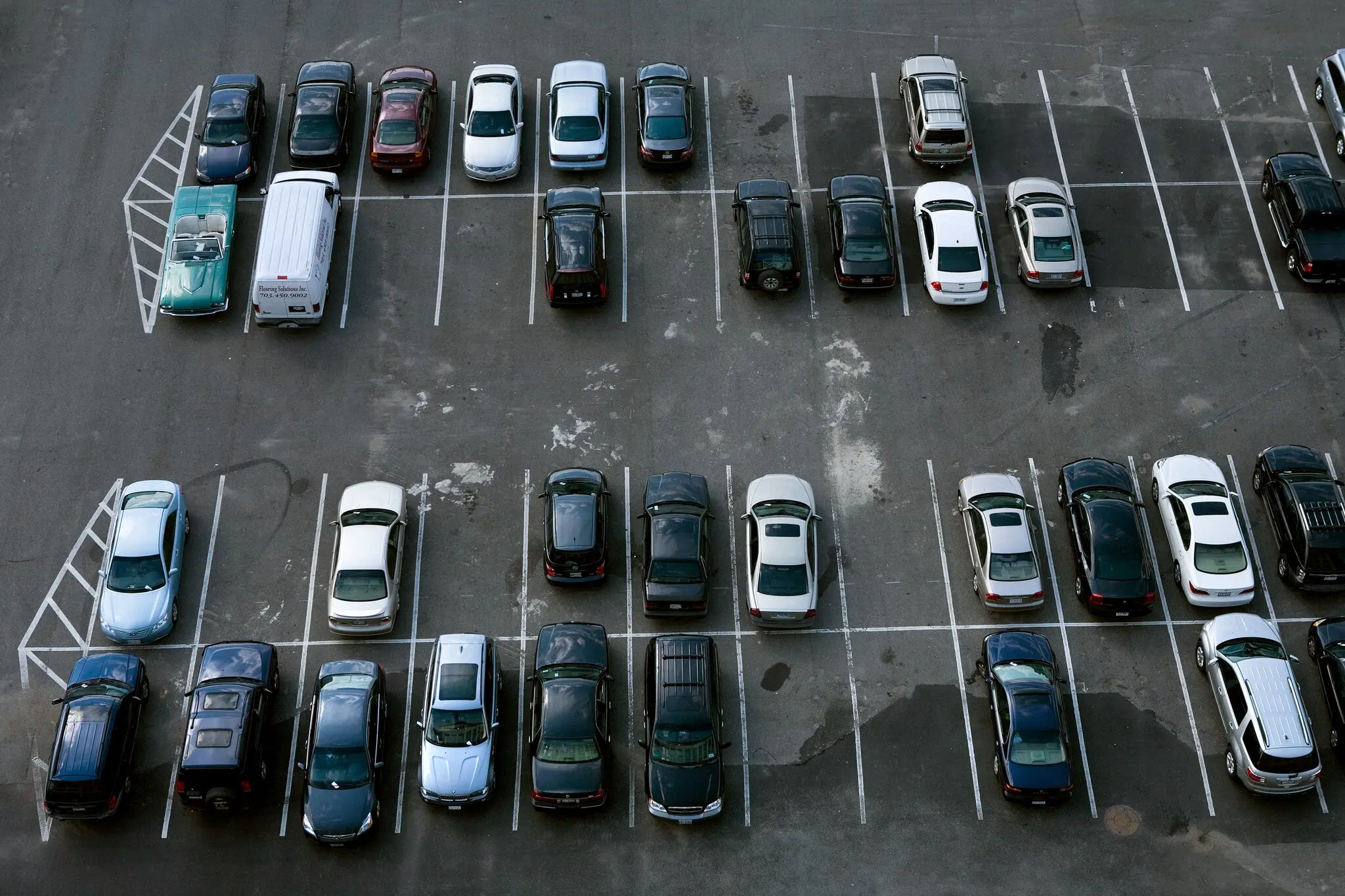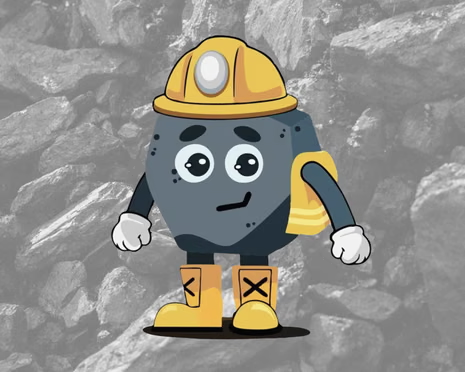In a scene in the second season of The White Lotus, two characters are talking about the state of the world.
Fear not… no spoilers.
One character, a woman named Portia, in defending her opinion that the world is a terrible place, says that “literally everything’s falling apart.”
The man to whom she is speaking, a morally questionable man named Jack, asks, “You’d rather be living in the Middle Ages then, would you? When they were ripping each other to shreds?”
He points out that the Middle Ages were more violent than ISIS and that it’s a miracle anyone survived that horrific period of human history.
He goes on to say that “we’re living in the best time in the history of the world” on the very best planet.
He’s not wrong.
I think it’s very popular these days to look at the challenges that face our world and proclaim doom and gloom. But I think Jack is right, and I don’t even think we need to go as far back as the Middle Ages for perspective.
In 1970, my father was drafted into the Army against his will and sent to Vietnam by a corrupt President who would soon be forced to vacate the office in disgrace. Dad was forced to travel around the world and risk his life in a war that his country would ultimately lose. He wasn’t one of the almost 60,000 Americans who returned to our country in a body bag, but like so many Vietnam veterans, his experiences in the war, including exposure to Agent Orange, which would lead to a lifetime of heart disease, changed him forever.
He returned to America only to find an economy crippled with rising inflation and interest rates, both topping out in the double digits. The unemployment rate was also soaring, eventually reaching 8%, and an oil embargo was creating gas lines throughout the country as fuel prices soared and supplies dwindled.
It wasn’t exactly morning in America.
When my father left for Vietnam, interracial marriage in the United States was still illegal.
Until 1975 a woman could not apply for credit unless a man cosigned her credit application.
From 1970 through 1972, more than 100 planes were hijacked in the United States alone.
In 1978, 912 Americans, including more than 200 children, died in the Jonestown massacre.
In 1970, four college students died and nine were wounded on the campus of Kent State after being fired upon by the National Guard.
Unbeknownst to humankind at the time, a hole in the ozone layer was opening up thanks to the prolific use of chlorofluorocarbons.
If all of that wasn’t bad enough, the Beatles officially broke up in 1974 while disco was becoming the most popular form of music in the country.
Ask my father if he’d rather be living through the 1970s or today, I suspect he would choose today.
It’s easy to think your problems are the worst problems.
The COVID-19 pandemic was disastrous to our world, but the 1918 pandemic killed ten times as many people, and probably more.
The attempted insurrection on January 6 was disgusting and destabilizing to our country, but it was a speck of nothing compared to the Civil War.
Our climate crisis is existential and terrifying, but humanity suffered and survived through an ice age that lasted tens of thousands of years absent any technology beyond the ability to produce fire and make simple weapons.
I’m not implying that today’s world is unicorns and rainbows. I’m not saying that our problems are not real and, in some cases, absolutely existential in nature.
I am implying that it’s perhaps not as terrible as some people would have you believe. Maybe it’s not as singularly problematic as you might believe.
Perhaps Jack from The White Lotus is right:
Despite our serious problems, we’re living in the best time in the history of the world.
It’s easy to catastrophize. It’s appealing to think that we are living in special times. Unique times. The worst of times. Comedians in the last two specials that I’ve watched – comedians I adore – have both opened their shows with doom and gloom. Warnings of catastrophe and collapse. End times stuff.
Tell that to a black man living in Alabama in 1813.
Or an American soldier, gas mask strapped to his face, hunkered down in a muddy ditch somewhere in France in 1918.
Or a parent, watching their child lose their battle with polio in 1950.
I could go on and on.
Our challenges are many. Our problems are multitudinous. The danger we face is real.
But it’s hardly the first time human beings have faced exceptional challenges, seemingly insurmountable problems, and extreme dangers.
But maybe, as Jack from The White Lotus strongly implied, these days aren’t nearly as bad as the problems that faced our ancestors.
I think so.







